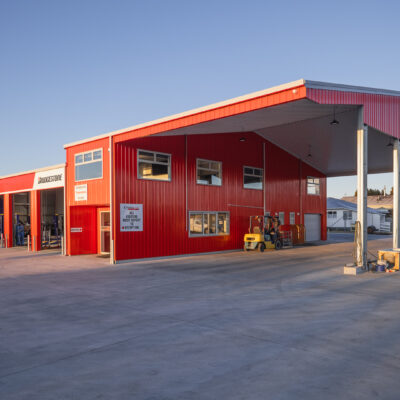Winning Gov’t contracts through bids and tenders
Identifying and winning a government contract can be a great way to expand your business and secure revenue and certainty, writes Jason Cooney. Government contracts, large and small, generally need […]
Identifying and winning a government contract can be a great way to expand your business and secure revenue and certainty, writes Jason Cooney.
Government contracts, large and small, generally need to undergo a comprehensive procurement process which will involve you responding to a request for a proposal, expression of interest, request for tender, or something similar. This begs the question: what information goes into a winning tender and what strategies can you employ to win a tender internationally?
Here are some strategies.
Patience and effort
Patience is key. You need to qualify each tender opportunity that comes up and you must make a very thorough assessment as to whether you have a real chance of success. Think about what existing relationships you have, if you can fulfil all of the mandatory criteria, if you have the required experience and whether you have the capacity to deliver on the contract if successful. It is also helpful to bid for a contract in your local area, if possible. This puts you at an advantage, particularly if it is your first tender. So be patient and wait for the correct opportunity.
Effort is also necessary. Once you have identified a tender opportunity you wish to bid for, then give it your maximum effort. You are submitting the tender to win the tender, not for the exercise of submitting it. Allocate internal resources to ensure you submit a compelling submission. Leverage, on prior clients for referees if required, and ensure that there is leadership at director level in the bid response, so a positive, bid focused culture develops in your organisation through the tender preparation period.
Evidence
Evidence is a critical component of the tender response process. Along with ensuring you provide a comprehensive and concise response to each question, you need to include evidence to support your bid. So – what is evidence? Anything from details of previous case studies and projects, to statistics, testimonials from clients, photos that demonstrate what you do, examples of documentation. Where possible, provide evidence to give your proposal or tender more credibility and proof that you will deliver if appointed.
Comply, comply, comply
A winning tender must be compliant. Most of this is a simple process of providing the appropriate insurance documentation, as well as entering basic information. However, you will also need to comply with the proposed contract. Here is where it gets tricky. The New Zealand Government generally puts in place safeguards, and rightfully so, for any contract. To give yourself the best prospects of success, it is generally recommended that you accept the draft contract as it is, and not propose any variations. This will require you to weigh up the potential risks with the overall opportunity and should be carefully considered, particularly with respect to insurance and liability.
Winning a tender internationally
New Zealand is a relatively small market. Many companies look to expand internationally. Bids and tenders are generally necessary to secure international contracts. This is a discipline in itself, however, as a general guide, when bidding for an international tender we recommend you:
- Partner with a local company to secure a bid, particularly if you are tendering in Asia or Europe. If you are looking to submit a tender in Australia, it is generally fine to go it alone, however, Singapore or the EU for example are a different story. You can establish a local entity, or partner with a local company to bid in a joint venture capacity. This is particularly useful where you have specialized expertise and experience.
- Focus on local benefits – you need to focus on the local benefits you will deliver if awarded the contract. Let us say for example you are a New Zealand aviation firm specializing in the Defence sector. You are bidding for a contract to deliver services to the US Air Force. If appointed, how will awarding the contract to you assist in the development and generation of US jobs and will the downstream economic benefits flow through to the US economy? If you demonstrate this will be the case, through knowledge transfer and learning, as well as a plan to hire locally if appointed, and potentially travel to the US for contract delivery, this will put you into a strong position.
Jason Cooney is the founder of Tsaks Consulting https://tsaksconsulting.co.nz , a bid and tender consultancy based in Auckland.






